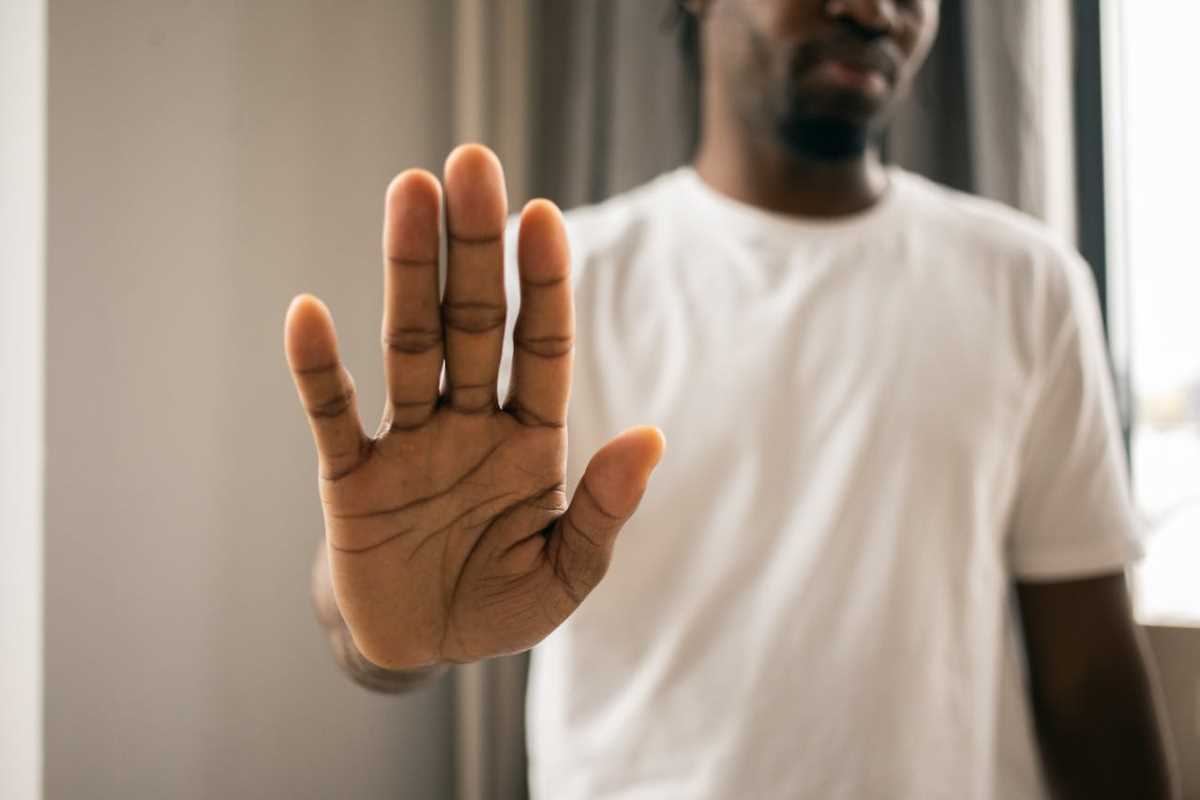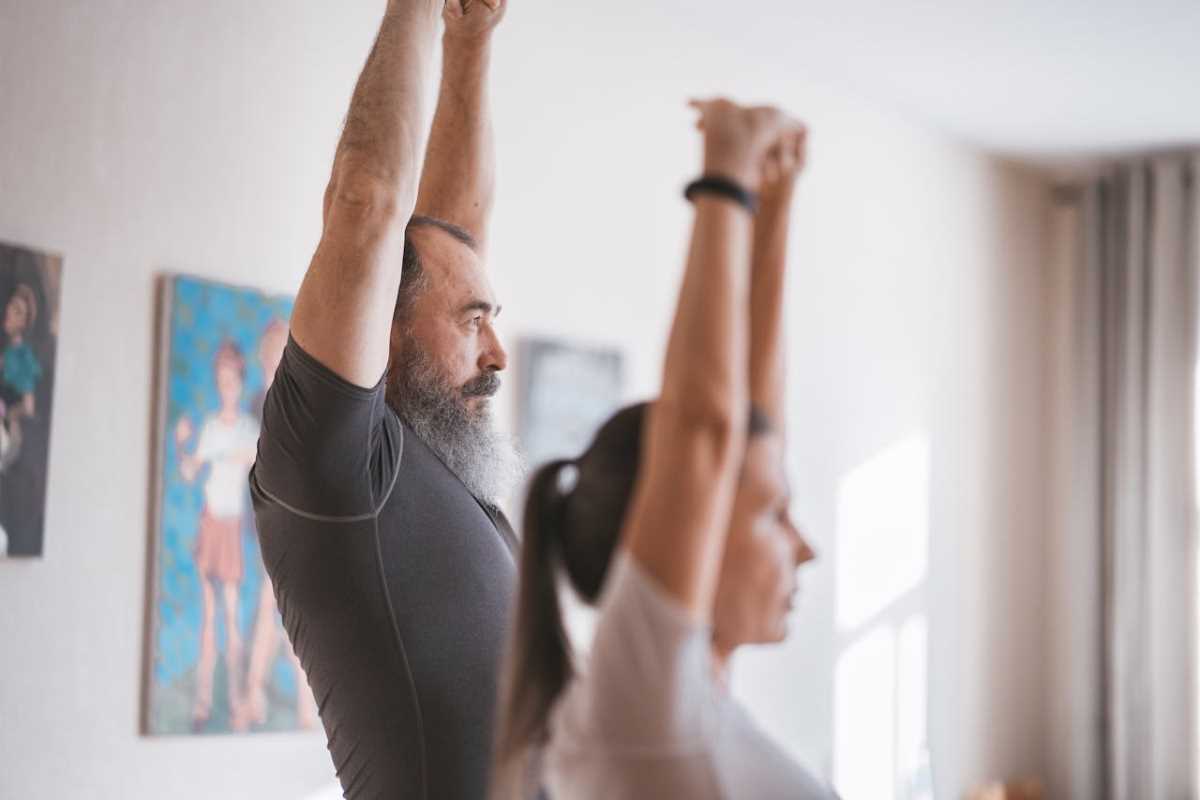We all want our relationships to feel secure, loving, and steady—and for the most part, they are. However, if you often find yourself second-guessing things or worrying about your relationship’s future, you might be dealing with something called relationship anxiety. It’s more common than you might think, especially among people who tend to overanalyze or set high standards for themselves (and others).
Thankfully, you don’t have to manage it alone. Counseling can be a powerful tool to help you feel more grounded in your relationship. But how do you decide whether solo counseling or couple’s counseling is the right fit? Let's break it down.
What Is Relationship Anxiety?
Relationship anxiety can manifest in various ways. You might constantly question whether you and your partner are genuinely compatible or find yourself replaying minor disagreements long after they’ve occurred. Perhaps you experience an ongoing worry that your partner may lose interest or that you’re somehow not “enough” in the relationship. These feelings can come and go, or they might linger, subtly impacting how you connect with your partner.
This kind of anxiety often stems from past experiences, perhaps a difficult breakup, unresolved family dynamics, or even a pattern of second-guessing yourself in other areas of life. Sometimes, it’s triggered by external stress, like a demanding job or disagreements about big decisions like marriage or children. And while a bit of introspection is healthy in any relationship, constant worrying can erode your sense of peace and connection over time.
How Counseling Can Help
Counseling offers a safe, unbiased space to unpack what’s happening inside your mind and your relationship. A skilled therapist can help you understand the roots of your relationship anxiety, identify unhelpful thought patterns, and develop healthier ways to communicate and connect.
But when do you involve your partner in that process? It depends on where the anxiety is coming from and how it’s affecting your relationship dynamic. Here’s a closer look at when solo counseling or couple’s counseling might be the better choice.
When Solo Counseling Makes Sense
Solo counseling focuses solely on your thoughts, feelings, and experiences. It’s a great starting point if you feel like your anxiety is mostly internal or if you’re not quite ready to bring your partner into therapy just yet.
Situations Where Solo Counseling Might Be More Appropriate:
- Your Anxiety Feels Rooted in Your Past: If you suspect that past experiences—like a toxic relationship, childhood insecurities, or perfectionism—are fueling your current worries, solo counseling can help you untangle those connections. By understanding the link between your past and present, you can work toward breaking the cycle of anxiety.
- You Need a Space to Process Privately: Before involving your partner, it might feel overwhelming to confront those fears in a shared setting. Solo counseling gives you the chance to sort through your worries, gain clarity, and even feel more confident about opening up to your partner down the road.
- You Want to Strengthen Your Own Emotional Resilience: Sometimes, relationship anxiety is amplified by stress outside the relationship, like work, family pressures, or general self-doubt. Working with a therapist one-on-one allows you to build tools for managing stress and cultivating self-worth, which can naturally ease some of your worries in your partnership.
Solo counseling allows you to better understand yourself, which often leads to positive changes in your relationship without necessarily bringing your partner into the therapy process right away.
When Couple’s Counseling Is the Right Call
Couple’s counseling, on the other hand, involves you and your partner working together to address relationship challenges. It’s most helpful when your anxiety is closely tied to how you and your partner interact or communicate.
Situations Where Couple’s Counseling Might Be More Appropriate:
- Communication Breakdown: If frequent misunderstandings, arguments, or a general lack of openness are adding to your anxiety, couple’s counseling provides a space to rebuild healthier communication patterns. A therapist can help both of you express yourselves clearly and listen more effectively.
- A Specific Issue Is Causing Tension: Big life decisions—like whether to have kids, where to live, or how to manage finances—can create anxiety for one or both partners. If your worries are tied to a shared challenge, couple’s counseling ensures you’re tackling it as a team.
- You Struggle to Feel Secure Together: If you often feel unsure about where you stand in your relationship or if you’re constantly seeking reassurance, couple’s counseling can help you build trust and emotional safety together.
- Your Partner’s Willing and Open: This might sound obvious, but couple’s counseling works best when both people are willing to show up and actively participate. If your partner is empathetic to your anxieties and open to exploring how they can support you better, this type of therapy can feel grounding and collaborative.
Can You Combine Both?
Absolutely. Relationship challenges aren’t always straightforward, and sometimes a combined approach—attending individual counseling while also participating in couple’s sessions—can be highly effective. You can address personal triggers or past experiences with your individual therapist while using couple’s therapy to practice healthier communication and strengthen your partnership. Many therapists are willing to coordinate this kind of dual approach if it feels appropriate for you.
Taking the First Step
The idea of starting therapy (whether it’s solo or with your partner) can feel daunting, especially if you’re already navigating anxiety. But reaching out for help is a sign of strength, not failure. Relationships aren’t meant to be perfect; they’re meant to be human. And every couple, no matter how strong, encounters moments of doubt or insecurity.
If your anxiety feels like it’s taking a toll on your relationship, remind yourself that you don’t have to do it all at once. You can begin solo counseling and decide later if couple’s therapy makes sense. Or, if your partner is equally invested in addressing the issue, you can explore your options together from the start. There’s no single “right” way to move forward.
 (Image via
(Image via.jpg)




